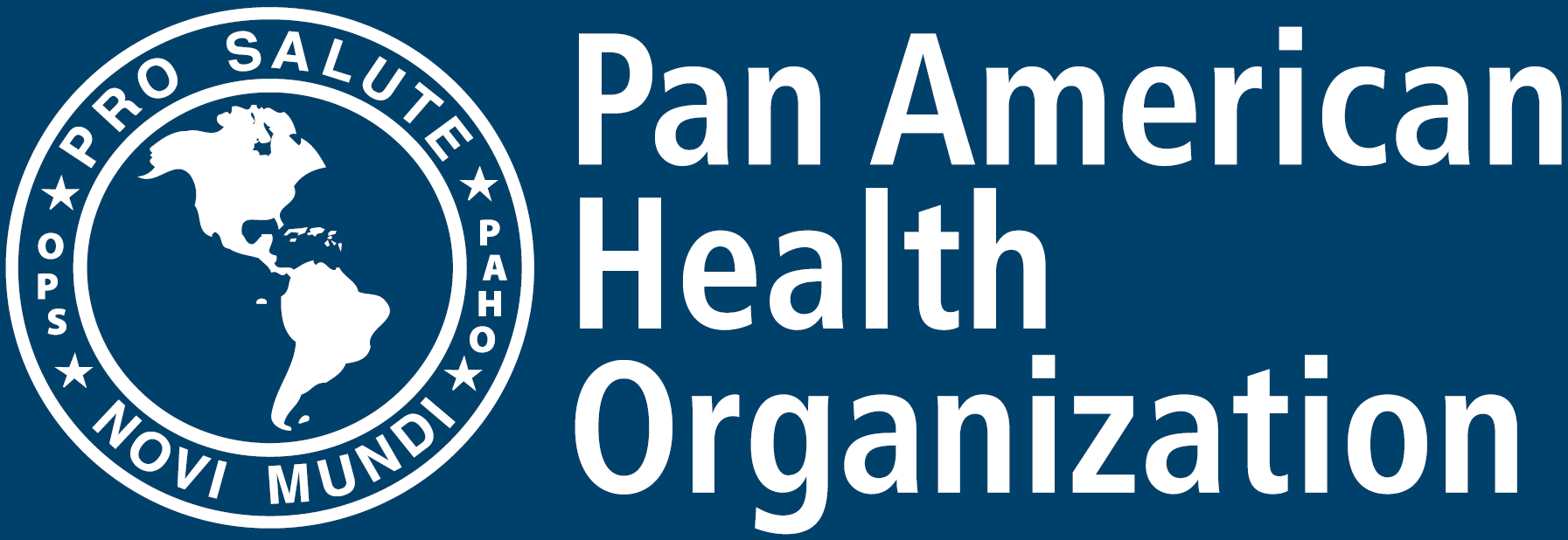The objective of this program is to improve the capacity of participating countries to detect, assess, and timely respond to emerging threats from synthetic drugs by providing training, technical assistance, and other support to develop or improve national early warning systems on drugs. In addition, this program will facilitate the information-sharing among countries by expanding and improving the Early Warning System of the Americas (known by its Spanish language acronym, SATA).
- The epidemic of synthetic opioids, the emergence of new psychoactive substances (NPS), and other emerging drugs in Latin America and the Caribbean have prompted the creation of national early warning systems in response to these new challenges.
- OAS Member States have identified early warning systems (EWS) as one of the best tools for detecting, assessing, and developing rapid responses to these new and emerging drug threats.
- Creating and strengthening national early warning systems on emerging drugs allows for effective monitoring of this problem and planning rapid and timely responses to avoid public health problems such as intoxications and overdose deaths.
- The program consists of training personnel in national drug observatories (or their equivalent) along with local stakeholders on how to create national EWS, how to detect and assess threats, and how to issue alerts and share other types of information both locally and regionally.
- The program includes the training of forensic laboratory professionals on chemical analysis methods to detect new or emerging drugs and the movement of health teams to be prepared for the presence of users with intoxication or overdose from any emerging drug.
- It also includes the strengthening of the Early Warning System of the Americas (SATA).
Below are some examples of documents, links and publications that have been produced.
Early Warning System of the Americas (SATA):
- Training Guideline: To support national drug observatories in the implementation and coordination of early warning systems, March 2023
- Data from the Early Warning System of the Americas, April 2020
- Summary of main findings from the emerging threats project: new psychoactive substances, heroin, fentanyl, and other opioids, April 2021
- Early Warning System of the Americas (SATA), March 2023
- Since its creation in 2019, the program on Early Warning Systems has trained more than 1,000 professionals from national drug observatories in the region to design and strengthen national EWSs.
- A training guide has been developed to support training at the national and local levels.
- More than ten Information Bulletins have been published with analysis of alerts on emerging drugs and topics of interest about the situation of synthetic opioids, new psychoactive substances, and other emerging drugs
- Training workshops for countries that request support for the development of a new EWS or the improvement of an existing EWS.
- Regional training events (one per year) to provide a forum for countries to discuss and share information on emerging drug threats.
- Provide technical assistance to OAS member states to improve aspects of the EWS, such as information systems, data-sharing protocols, and risk assessment mechanisms.
- Strengthen capacities among forensic laboratory teams in OAS member states to ensure they fulfil their role as a critical component of the EWS.
- Provide support for horizontal cooperation among national EWS in the region through study visits, peer support, and knowledge and skills transfers.
Improve the technical capacity of Latin American and Caribbean countries to analyze and detect new drugs, issue alerts on drugs that pose serious health risks to users, and improve control and legislation to remove emerging psychoactive substances from the market. Countries will be able to report new and emerging drugs to international bodies such as CICAD’s SATA, UNODC’s Global SMART Programme, the INCB international precursors control system, and WHO Expert Committee on Drug Dependence (ECDD).
- Improve the technical capacity to detect, analyze, and assess new drugs,
- issue alerts on drugs that pose serious health risks to users and,
- facilitate rapid responses through public health, law enforcement, and legislation to reduce and remove the potential threat from emerging psychoactive substances.
Current State Participants
All Latin American and the Caribbean OAS member states.
Marya Hynes, Chief, Inter-American Observatory on Drugs (OID) • MHynes [at] oas [dot] org (MHynes[at]oas[dot]org) / OID_CICAD [at] oas [dot] org (OID_CICAD[at]oas[dot]org) • https://www.oas.org/ext/en/main/oas/our-structure/gs/sms/cicad/interame…




